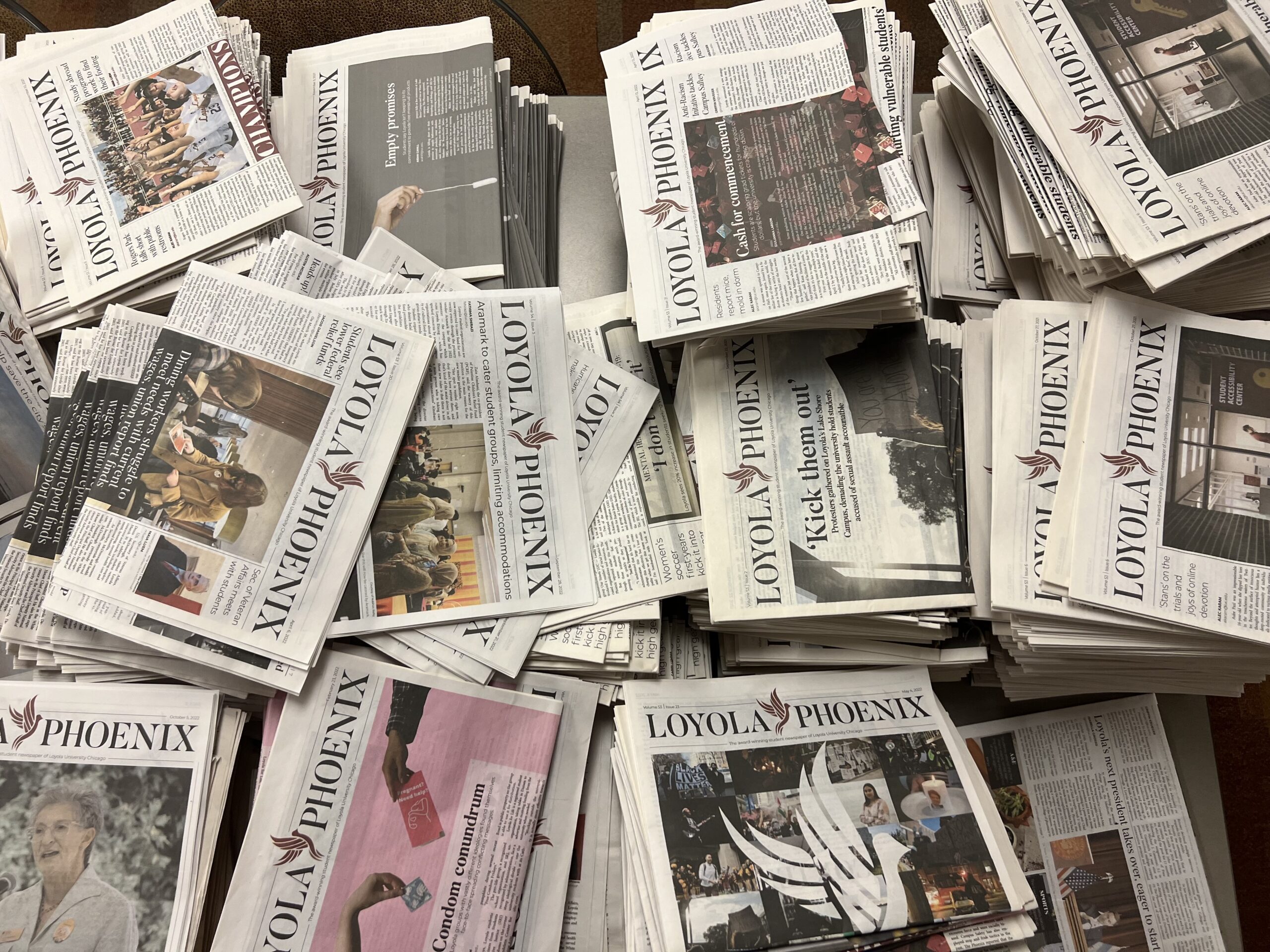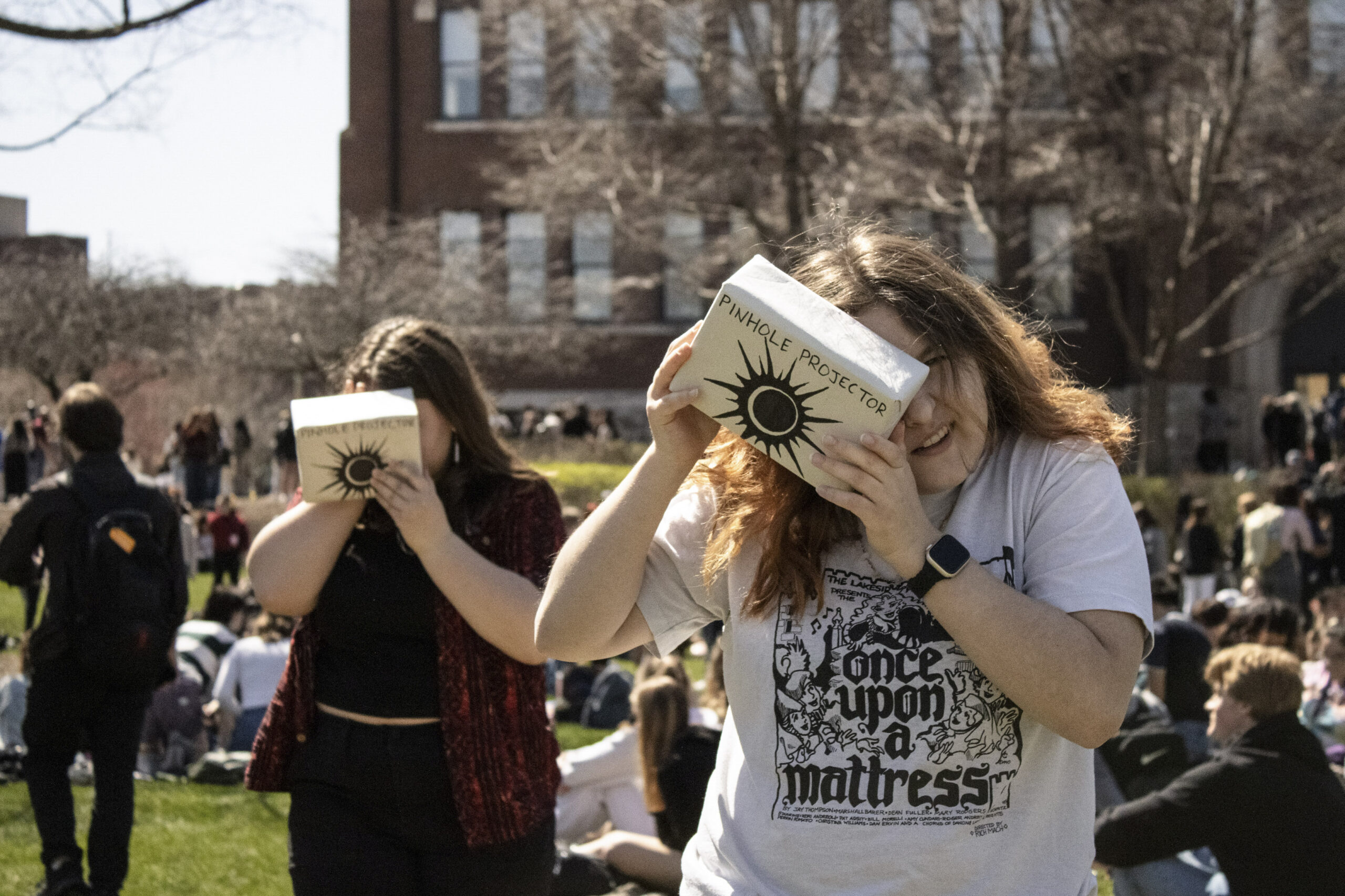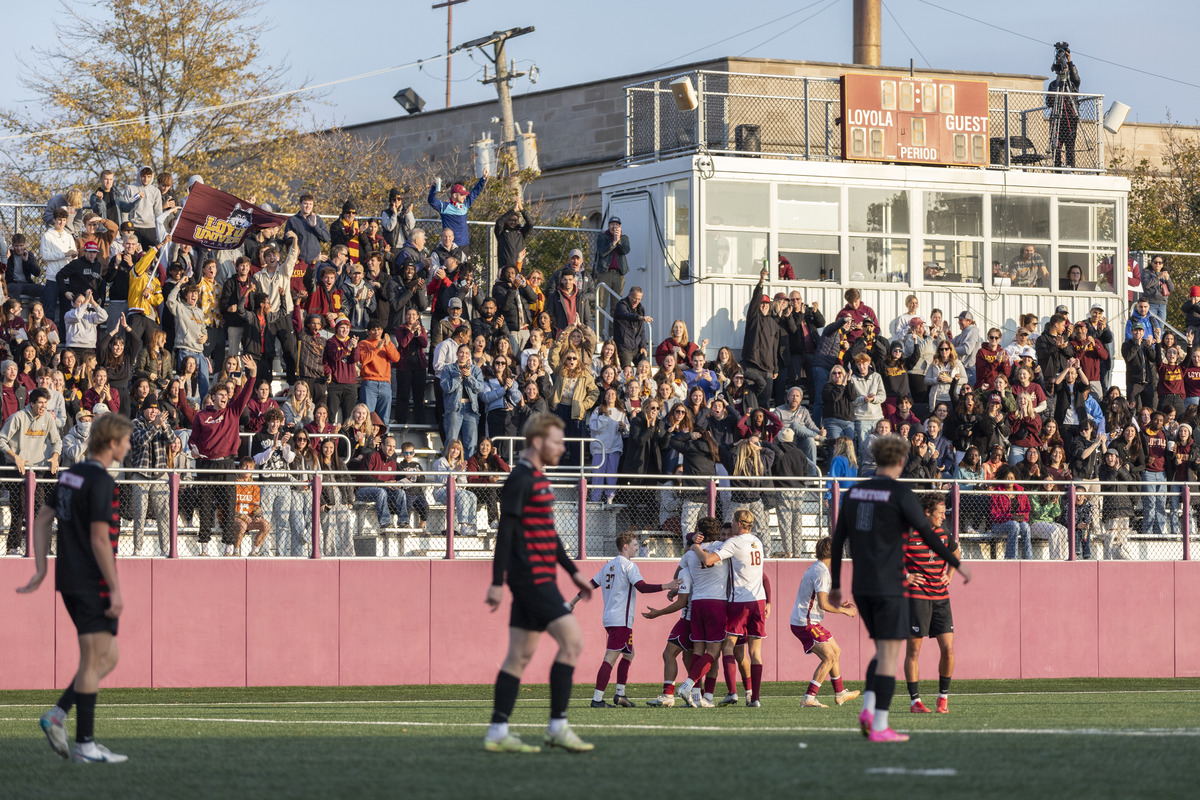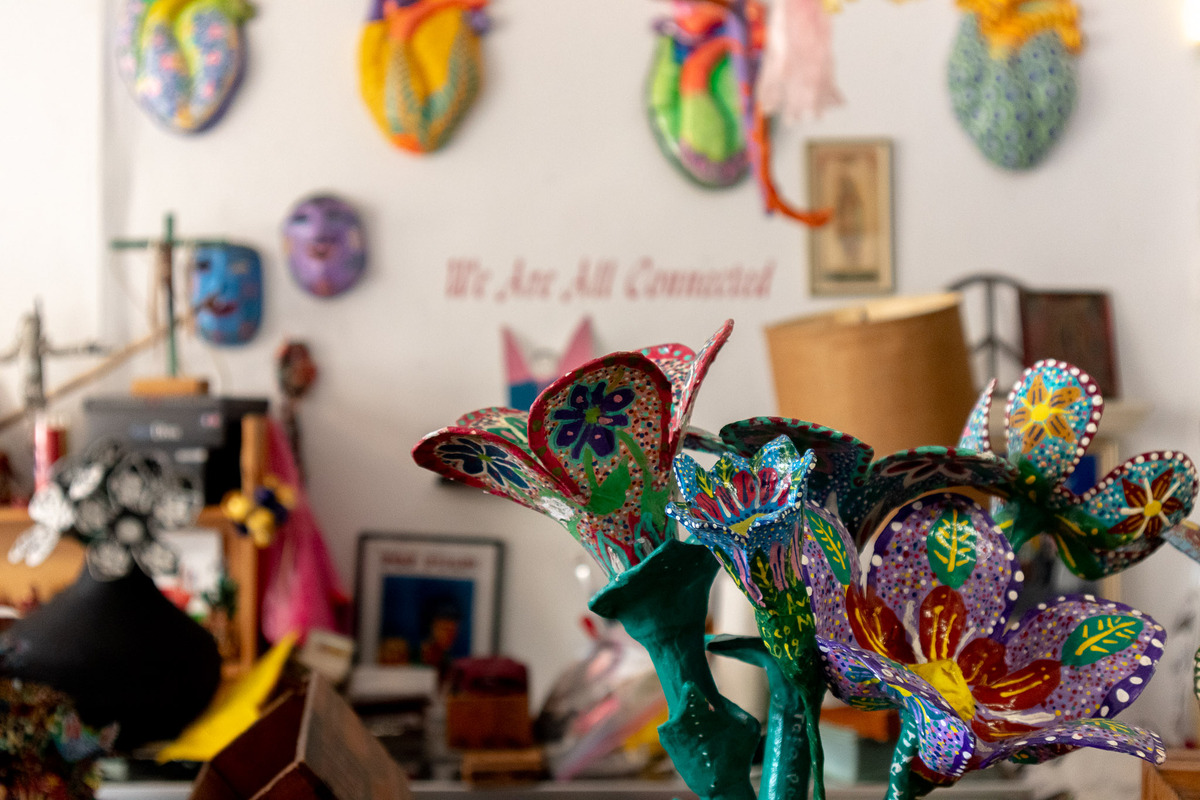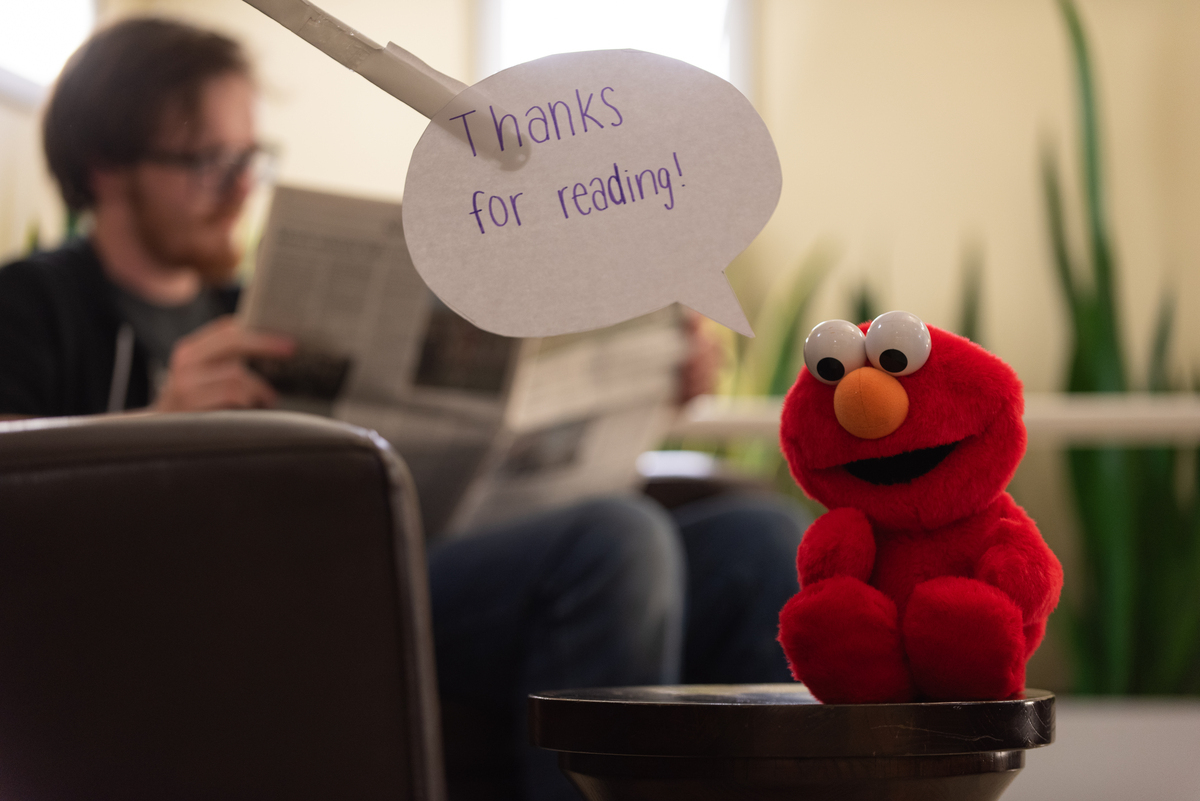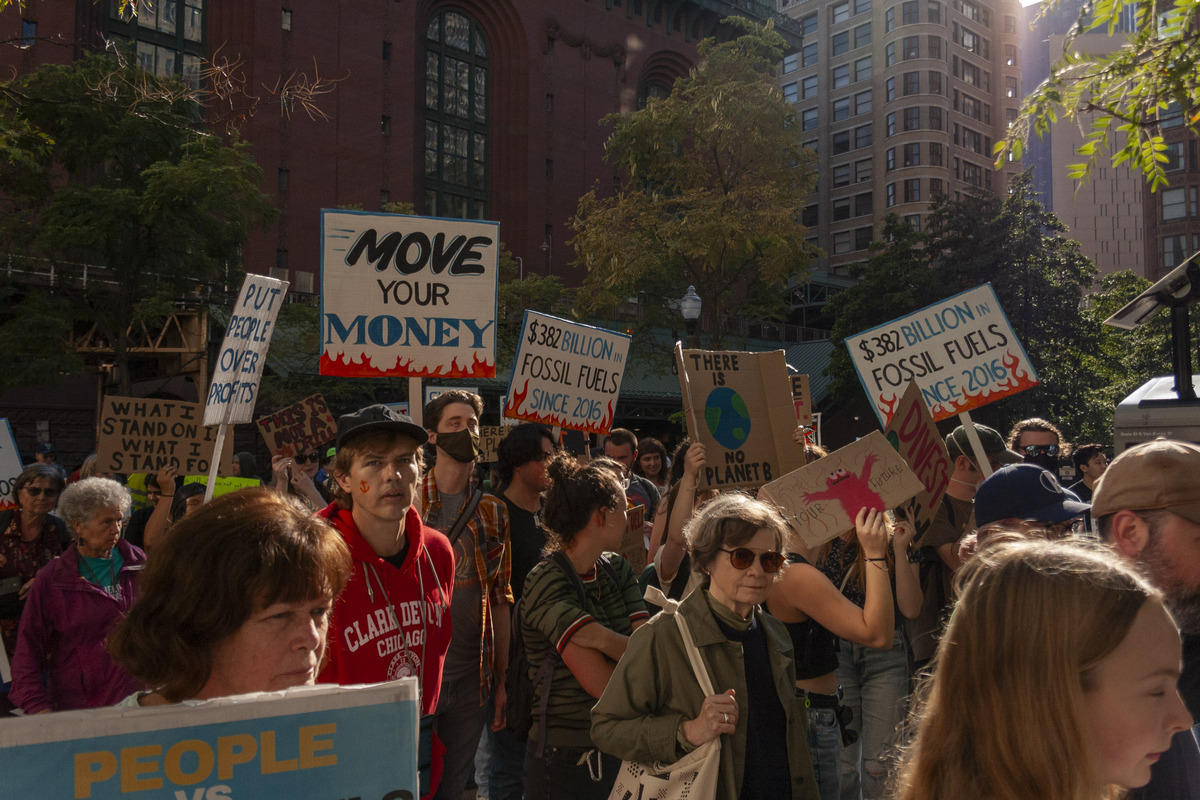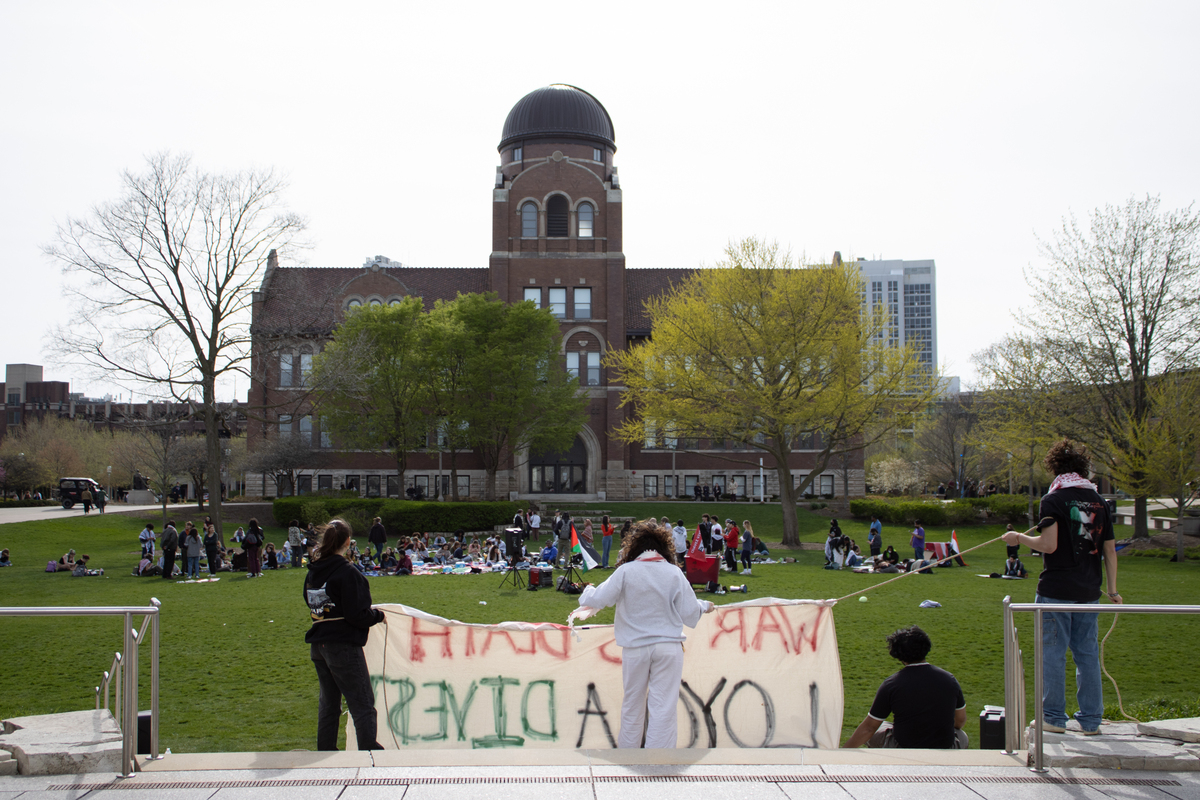Writer Marisa Panella talks about overcoming her eating disorder and the toll it took on her.
Content warning: Eating disorders, bulimia
Feb. 26 begins the National Eating Disorder Association’s 39th annual Eating Disorder Awareness Week.
Looking back, I think of silence. I think of a scared girl checking her body in the mirror over and over. A girl who was ashamed, hiding instead of grabbing onto the hands stretched out towards her.
I used to relish in the silence of my disorder as the size of my body masked the torment brewing inside me. I smiled through the pain, unaware of the damage I was doing to my body and the emotional pain I’d endure for years to come.
Silence was never my friend. It was an unhealthy coping mechanism keeping me from the support I needed.
I will never be silent again.
Growing up, I was always a bigger girl. I was the girl boys never looked at, who never fit right in her clothes and was admired for her “confidence” and nothing more.
When I started middle school and started to mature — as girls do — I began gaining weight rapidly.
While it’s normal to gain 11-15 pounds per year during adolescence, I was gaining nearly 20 annually — despite having normal lifestyle habits. Around this time, I noticed other abnormalities such as severe acne, excess hair growth and loss, and an irregular period.
In 7th grade, I was diagnosed with Polycystic Ovarian Syndrome, a hormonal disorder that explained my symptoms.
At the time, I was told by doctors if I lost weight, my symptoms would be alleviated. I had high levels of androgens and strong indicators of insulin resistance, which are large contributors to weight gain and difficulty losing weight, according to Embry Women’s Health.
After my diagnosis, I met with dieticians. It seemed like a good idea at the time, but the providers I met with shared a very dangerous solution to weight loss — food restriction. I was taught there were good and bad foods, food groups to avoid entirely and tools needed to meticulously measure portions and progress.
I struggled following these intense guidelines and craved the freedom of being a teenager. I wanted to get ice cream after school with my friends and buy cookies in the cafeteria but was shrouded with guilt every time I indulged in the foods that brought me joy.
Despite following a strict exercise routine and diet, results didn’t come in at the expected rate.
I felt so much fear from my parents surrounding my size. I knew it came from a place of love, but their fear broke something in me. I believed if I stayed this weight I could never be happy. It made me feel like I wasn’t worthy of love and those feelings consumed me for the next five years.
Restriction wasn’t the answer. I constantly craved foods I “couldn’t” have. I didn’t understand what was happening then, but I was binge eating. I always felt awful afterward. The eating patterns reinforced the ideas I saw when I looked in the mirror. I was fat, I was disgusting, I was worthless — and it was all my fault.
The first time I made myself throw up was in the bathroom of my high school. I was overwhelmed and my life felt out of control, so I made myself sick believing if I could control my weight, maybe the rest of my life would become controllable too.
At first, it was only an occasional vice when I indulged in a “bad” meal or felt particularly fat, but over time it became my cheat code. My mind convinced me I deserved it and it was the only way I could ever be thin.
I had a teacher in a school-sanctioned health class confidently tell us “big girls can’t have eating disorders,” and those were the words that played on repeat in my mind as justification every time I engaged in the habit I once knew was wrong.
I was stuck in this horrible logic — I could eat whatever I wanted. It wouldn’t count or affect me as long as I got it out of my body as quickly as possible.
No one knew anything was wrong. I was getting complimented more than I’d been in years. Hearing “Have you lost weight?” or “You look great today” or even “I’m proud of you,” became the horrible fuel that turned my addiction into a disease — bulimia. Bulimia is a serious and potentially life-threatening disorder in which a person chooses to get rid of excess calories in an unhealthy way, such as self-induced vomiting according to the Mayo Clinic.
At my worst, I vomited five or more times a day and I weighed myself every morning and night to make sure my “diet plan” was still a success.
Bulimia consumed me. I had chest pains, high blood pressure, raw skin on my knuckles and in my throat, and a molar so damaged I needed a double root canal. I lived in constant fear I would drop dead from a heart attack or fall asleep one night and never wake up from the trauma I was causing my body.
When I went home for winter break my first year, my parents and I made the decision I wouldn’t be coming back to Loyola that spring. I was struggling with depression and anxiety but vehemently denied my eating disorder.
I was sent to residential treatment in Pacific Grove, California where I stayed for almost three months.
On my first day there, I sobbed. I told the staff I didn’t belong. I swore I wasn’t sick and there was nothing wrong with me, but over time, I learned I desperately needed to be there.
I quickly discovered, regardless of my size, my eating habits and relationship to food deserved just as much attention and care as any human in any size body. Frankly, I learned “big girls” can have eating disorders.
We ate six times a day — three meals, three snacks— at a withered, oval-shaped table with three people on either side and one on each end. You were expected to finish your entire meal, one a dietician portioned specifically for you. I rarely struggled to finish my meals, as eating the food itself wasn’t my issue. It was the immense guilt and anxiety that followed each bite that left me in need of support.
Terror filled my being as I watched the group of smaller individuals around me pushing their meals to the side. I looked at their bodies and thought to myself, “How could they hate their bodies? How could these humans in perfect shape possibly think they don’t deserve to eat?” I’m sure the people beside me thought the same of me — feeling envious that I could finish a plate.
The dichotomy of our disorders was stark, but deep down we shared so much — guilt, shame, fear and anger at the bodies we felt trapped in. No matter how the world around us perceived our image, in front of the mirror we saw a reflection we felt wasn’t worthy of being fed.
During each meal and for 30 minutes after, I wasn’t allowed to use the bathroom without a staff member standing outside, waiting to check on me before I was allowed to flush. I felt uncomfortable being watched, but the eyes on me kept me from engaging in old habits. It proved to be an invaluable part of my treatment plan.
There were 30 minutes between each scheduled activity and with a lack of technology, many of us resorted to coloring, friendship bracelet making or reading. When I questioned why there was so much unnecessary downtime, a therapist explained that the purpose was to teach it’s a challenge to be uncomfortable, a blessing to learn how to thrive when things are uncertain and a gift to be satisfied with moments spent alone.
For my first few days, I was miserable, but what kept me going was the pursuit of freedom — the pursuit of a life outside the one I trapped myself in.
As I continued treatment, one of the moments I remember most was wading in the water of Asilomar Beach. It was much too cold to swim in February, but I wandered waist-deep in. I’d never seen water so clear and such a vibrant shade of blue. The sun danced over the waves. I let its warmth sink into my skin.
With my phone locked in an office somewhere and the frigid water numbing my legs, I felt my first real taste of freedom. A glimmer of hope bubbled inside of me as I realized I was safe — disconnected from all the stressors in my life, I could breathe.
Staring out into the water and feeling the sand beneath my feet, I admired the beauty around me and it set me on the path I needed to realize there is so much more to life than the cage I’d built.
From then on, I absorbed the lessons I was taught and embraced the treatment I was fortunate enough to receive. I adjusted to the treatment routines and found myself enjoying the time I had to sit still.
The day I was discharged I felt whole again. I knew my life from that point on would be changed for the better. I left treatment with a new attitude surrounding eating and the drive to be kind to my body,
I remind myself often that eating disorders don’t discriminate, they can affect anyone in any size body of any race, gender or identity, and food and movement should be tools of joy.
Health can come at any size and is determined by so much more than a number on a scale.
I am worthy of love at any size, I deserve to be cherished and held at a weight my body feels is right. I deserve to be seen, and my body is truly a gift that deserves to be nourished and cared for no matter what lies society screams at me.
I’ve been in my recovery period for almost two years and I’ve grown to love myself so deeply. I’m still a plus-size woman, a fact some choose to judge, but it doesn’t change how much value I add to the world around me.
I have days where my old frame of mind takes over and I get down on myself, but my life is so much richer when I celebrate my body and allow myself to eat and live freely.
It was difficult for me to accept I needed help, but I learned there is never shame in seeking treatment. It’s normal to have moments where you feel insecure in your body, but I encourage you to remember you deserve to feel safe in your body and you should always care for your body’s needs regardless of your size. There is so much beauty in all of us that deserves to be nurtured.
On my last day of treatment, a staff member left me with words I continue to carry with me — “You deserve to live a life beyond your wildest dreams.”
I sincerely hope I will.
Feature image by Bri Guntz / The Phoenix




